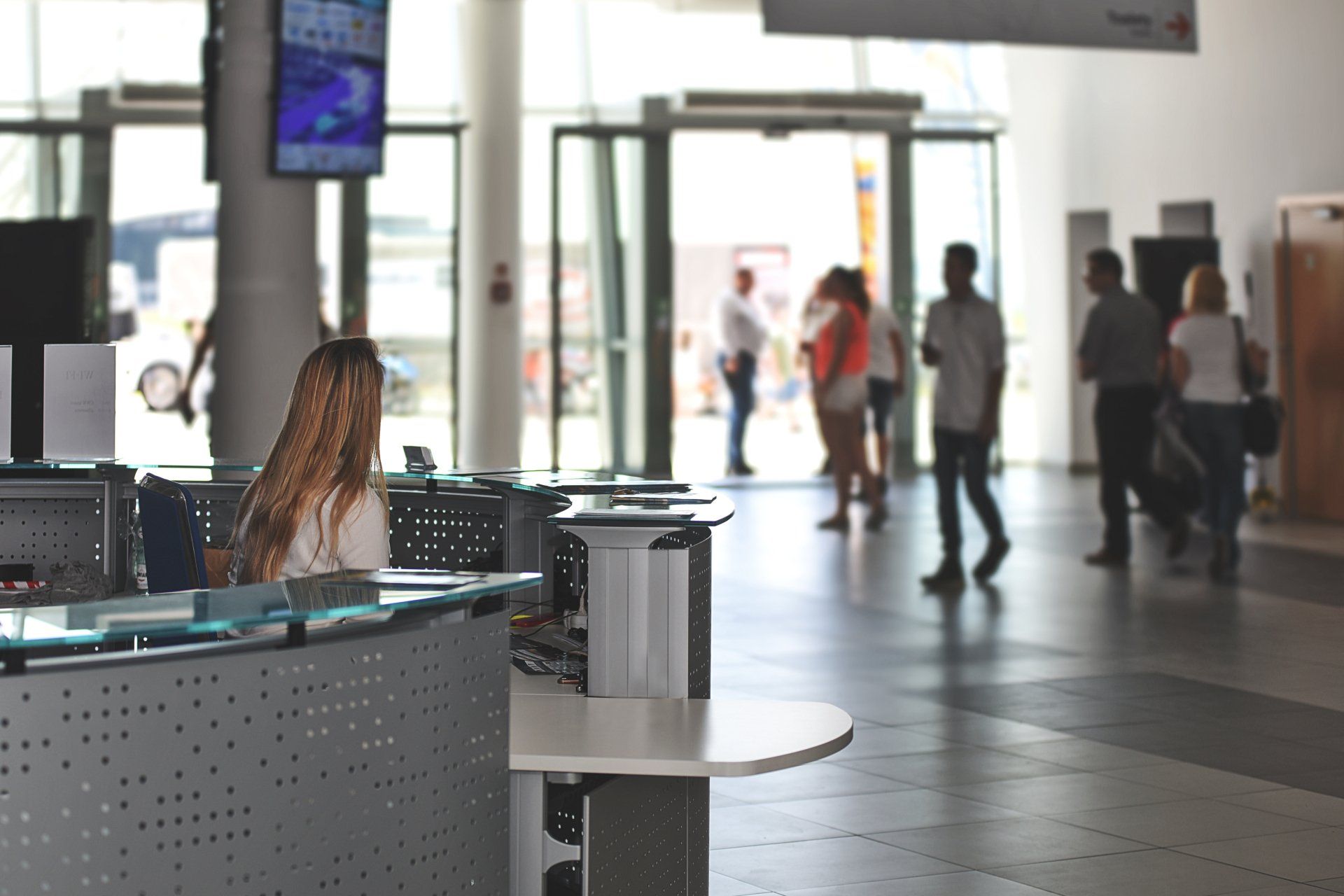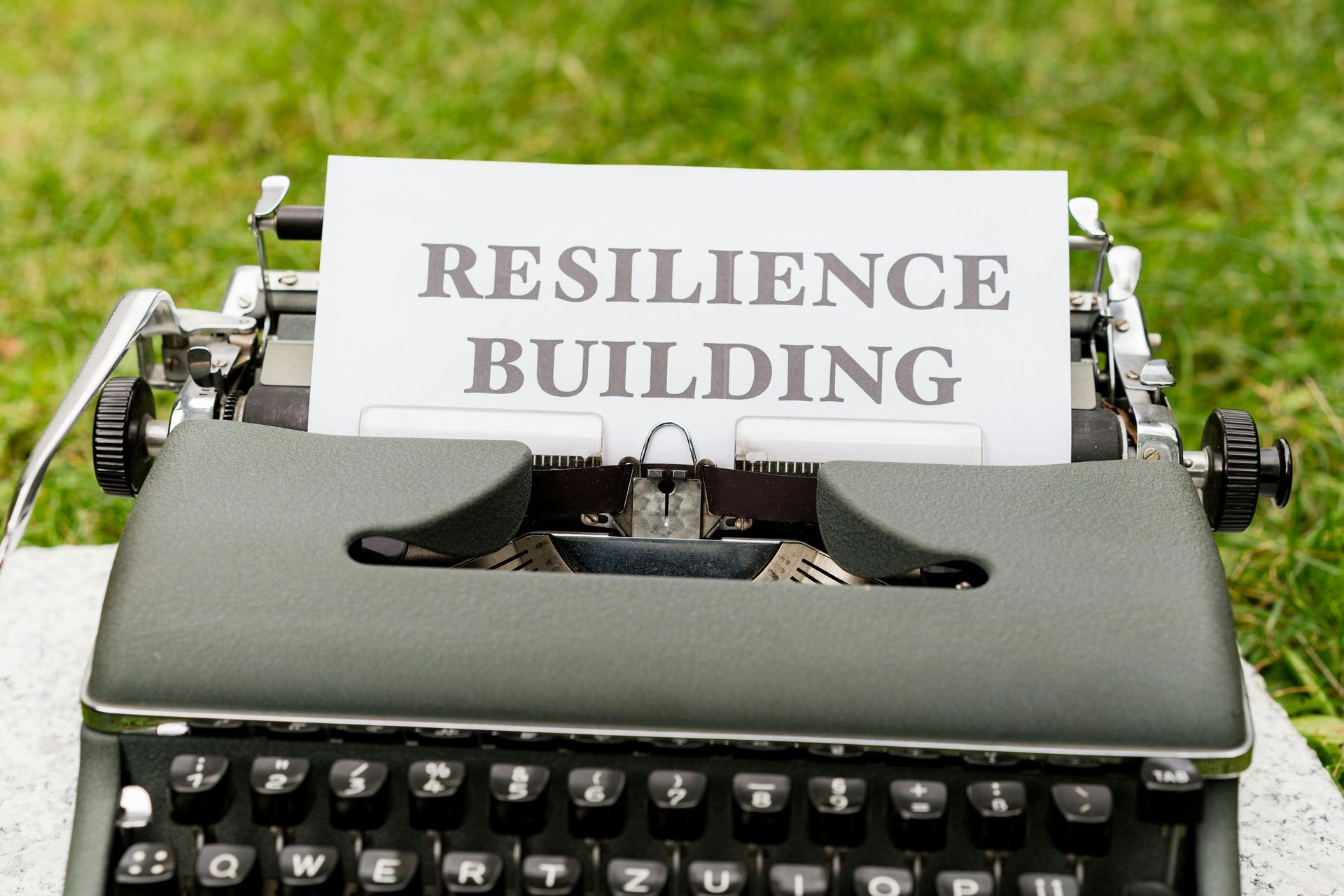Unpacking Your Options: Virtual Office vs. Mailbox Service vs. Coworking Space vs. PO Box

In today's flexible world, you don't always need a traditional, full-time office to run a business or manage your personal affairs. Whether you're a budding entrepreneur, a remote worker, or simply looking for a more secure way to receive mail, there's a host of modern solutions available. But with terms like "virtual office," "mailbox service," "coworking space," and "PO box" often thrown around, it's easy to feel a little lost.
Don't worry! This guide is here to untangle the jargon and explain the key differences between these popular options, helping you understand which one might be the perfect fit for your needs.
1. The PO Box: Simple, Private Mail
Let's start with the most basic and perhaps most familiar option: the PO Box (Post Office Box).
- What it is: A PO box is a lockable, numbered compartment located within a United States Post Office (or sometimes a private mailbox store). You rent it for a specific period (e.g., 3, 6, or 12 months) and use its unique number (e.g., "PO Box 1234") as your mailing address.
- Key Features: Primarily for mail receipt. It offers privacy and security, as mail isn't delivered to your home. You can usually access your mail during post office hours.
- Best For: Individuals or very small home-based businesses who primarily need a secure, off-site address for receiving postal mail and don't require any other services. It's a straightforward, budget-friendly solution for basic mail management.
2. Mailbox Service (or Private Mailbox Rental/PMB): Beyond Basic Mail
Often confused with a PO Box, a Mailbox Service (sometimes called a Private Mailbox Rental) offers a step up in functionality.
- What it is: These services are offered by private companies (like UPS Store, FedEx Office, or independent mail centers). You rent a physical mailbox, but instead of a "PO Box" number, you get a street address with a fake 'suite' number or unit number disguised as a physical suite (e.g., "123 Main Street, PMB 456").
- Key Features:
- Street Address: This is a big differentiator. A street address often looks more professional than a PO box for businesses and can accept packages from all carriers (USPS, FedEx, UPS, DHL), which PO boxes sometimes cannot.
- Package Handling: Most will sign for and hold packages for you.
- Mail Forwarding: Many offer services to forward your mail to a different address.
- Notification: You might get a text or email when new mail or packages arrive.
- Best For: Individuals or small businesses needing a professional-looking street address, the ability to receive packages from all carriers, and potentially mail forwarding services, but without the need for physical office space or phone services.
3. Virtual Office: The Professional "Presence" Without the Office
Now we step into the realm of services designed to give businesses a professional front without the commitment of a full physical office. A Virtual Office is a package of services centered around a prestigious business address.
- What it is: A virtual office provides businesses with a commercial address, typically in a prime location, without the client actually renting dedicated physical office space there on a full-time basis.
- Key Features (often bundled):
- Business Address: A professional street address, often in a high-profile building or area, for mail and package receipt. This is a crucial component for business credibility.
- Mail Handling: Includes mail receipt, package handling, and often mail scanning or forwarding.
- Phone Answering Service: Professional receptionists can answer calls in your company's name, screen calls, and forward messages or calls to you.
- Meeting Room Access: Typically provides a certain number of hours per month (or on-demand rental) for meeting rooms or day offices at the physical location.
- Local Phone Number: A dedicated business phone number, often local to the prestigious address.
- Best For: Small businesses, creators, startups, freelancers, and remote teams who want to project a professional image, establish credibility in a specific market (like New York City), and need administrative support like call handling and occasional meeting space, without the overhead of a traditional office lease. It's about presence and services, not daily physical space.
4. Coworking Space: Flexible, Shared Physical Space and Community
Finally, we have the Coworking Space, which emphasizes physical presence and community.
- What it is: A shared office environment where individuals and companies can rent various types of workspaces on a flexible basis. This can range from a hot desk (first-come, first-served) to a dedicated desk or even a private office within the shared space.
- Key Features:
- Physical Workspace: Access to desks, chairs, reliable internet, and office amenities (printers, meeting rooms).
- Community: A major draw is the opportunity to network, collaborate, and socialize with other professionals in a shared environment. Many spaces host events and foster a sense of community.
- Flexibility: Memberships are typically monthly, offering far more flexibility than a traditional lease.
- Amenities: Often include coffee, kitchens, lounges, and professional meeting rooms.
- Mail Service (Optional/Add-on): Many coworking spaces offer mail handling as an add-on service, effectively providing a business address for your company.
- Best For: Remote workers, freelancers, small teams, and startups who need a physical place to work regularly, value a professional work environment outside of their home, and thrive on community and networking opportunities. It's about having a flexible physical presence and belonging to a professional community.
Choosing Your Best Fit
Here's a quick comparison to help you differentiate:
| Feature | PO Box | Mailbox Service | Virtual Office | Coworking Space |
|---|---|---|---|---|
| Address Type | PO Box # | Street Address | Prestigious Street Address | Physical Space Address |
| Mail/Packages | Basic mail only | All mail/packages | All mail/packages | All mail/packages (add-on) |
| Phone Service | No | No | Yes (often included) | No (typically) |
| Physical Space | No | No | Occasional (meetings) | Daily access to desk/office |
| Professionalism | Low | Medium | High (Prestige) | High (Professional Environment) |
| Cost | Lowest | Low-Medium | Medium | Medium-High |
| Community | No | No | Minimal/Online | High |
Understanding these distinctions is key to making an informed decision that aligns with your operational needs, budget, and professional image. Whether you're looking for simple mail privacy or a full-fledged professional presence without the overheads, there's a solution tailored for you in today's dynamic work landscape.












